Argonne study finds 23% reduction decrease in carbon intensity of ethanol from 2005 to 2019
Green Car Congress
MAY 26, 2021
A new lifecycle analysis by researchers at Argonne National Laboratory has found that the carbon intensity of corn ethanol has decreased 23%—from 58 to 45 gCO 2 e/MJ—from 2005 to 2019. Carbon intensity (gCO 2 e/MJ undenatured ethanol) of corn ethanol without LUC for 2005–2019. The ethanol produced in our 15?years

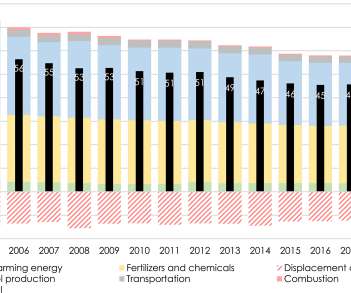


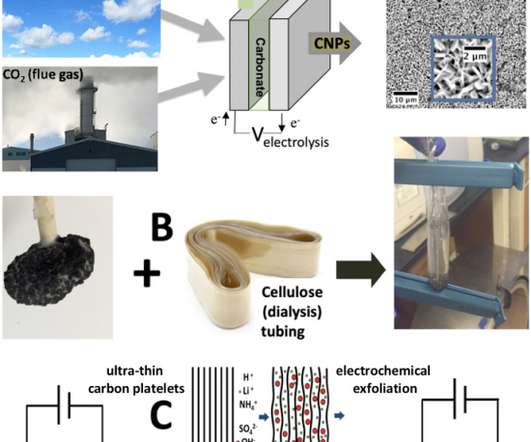


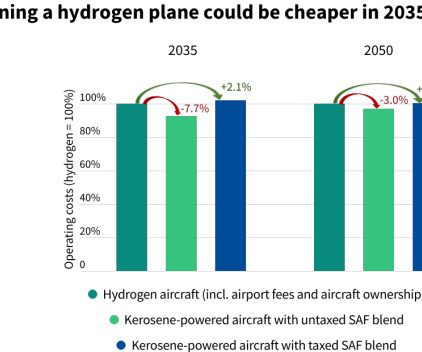
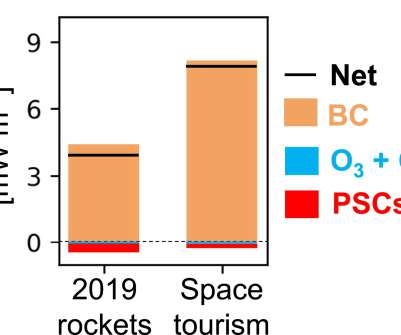

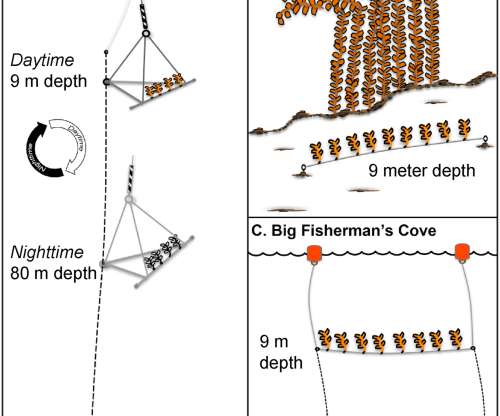







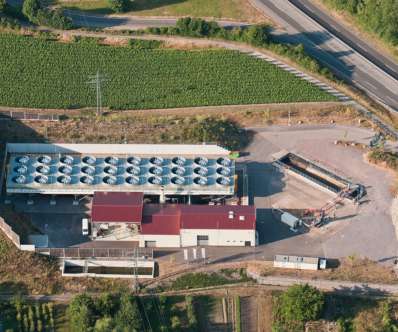






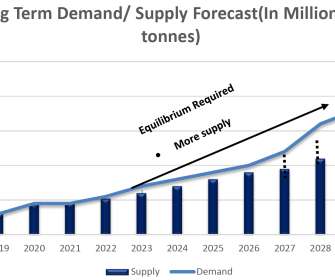
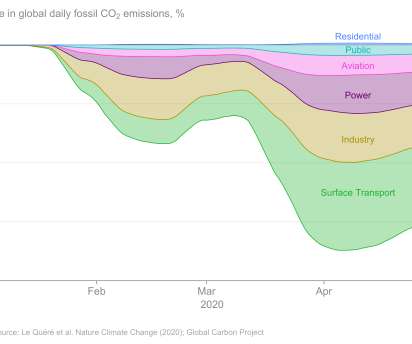
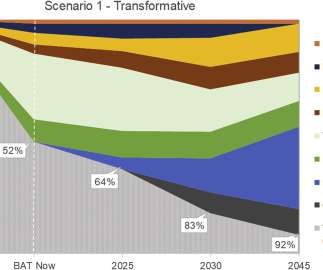
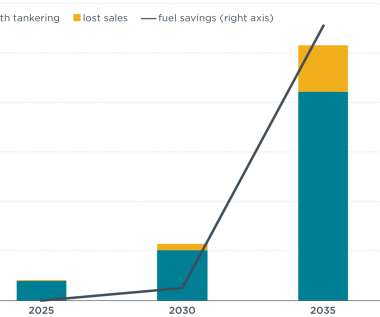
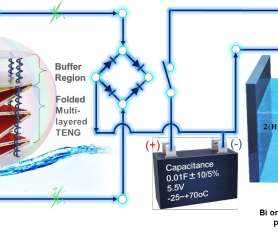




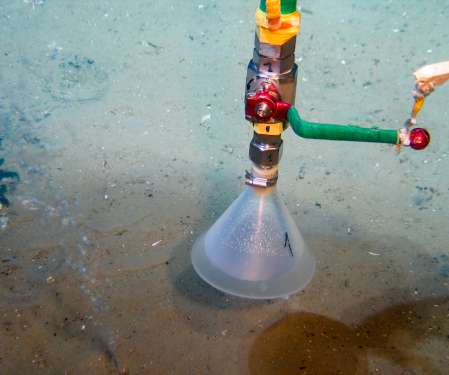
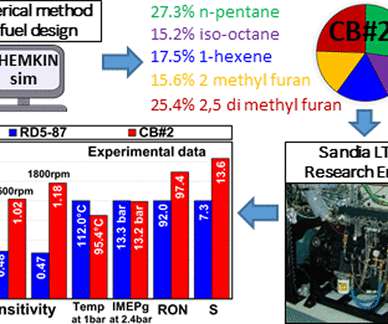









Let's personalize your content